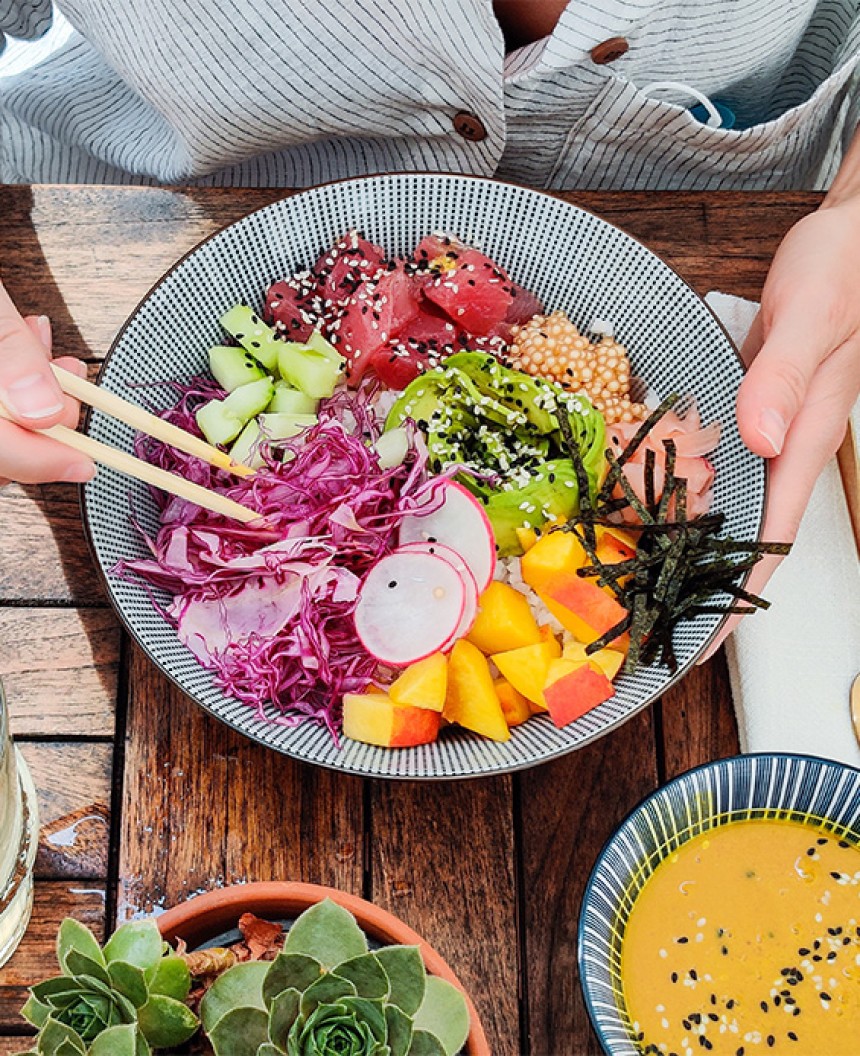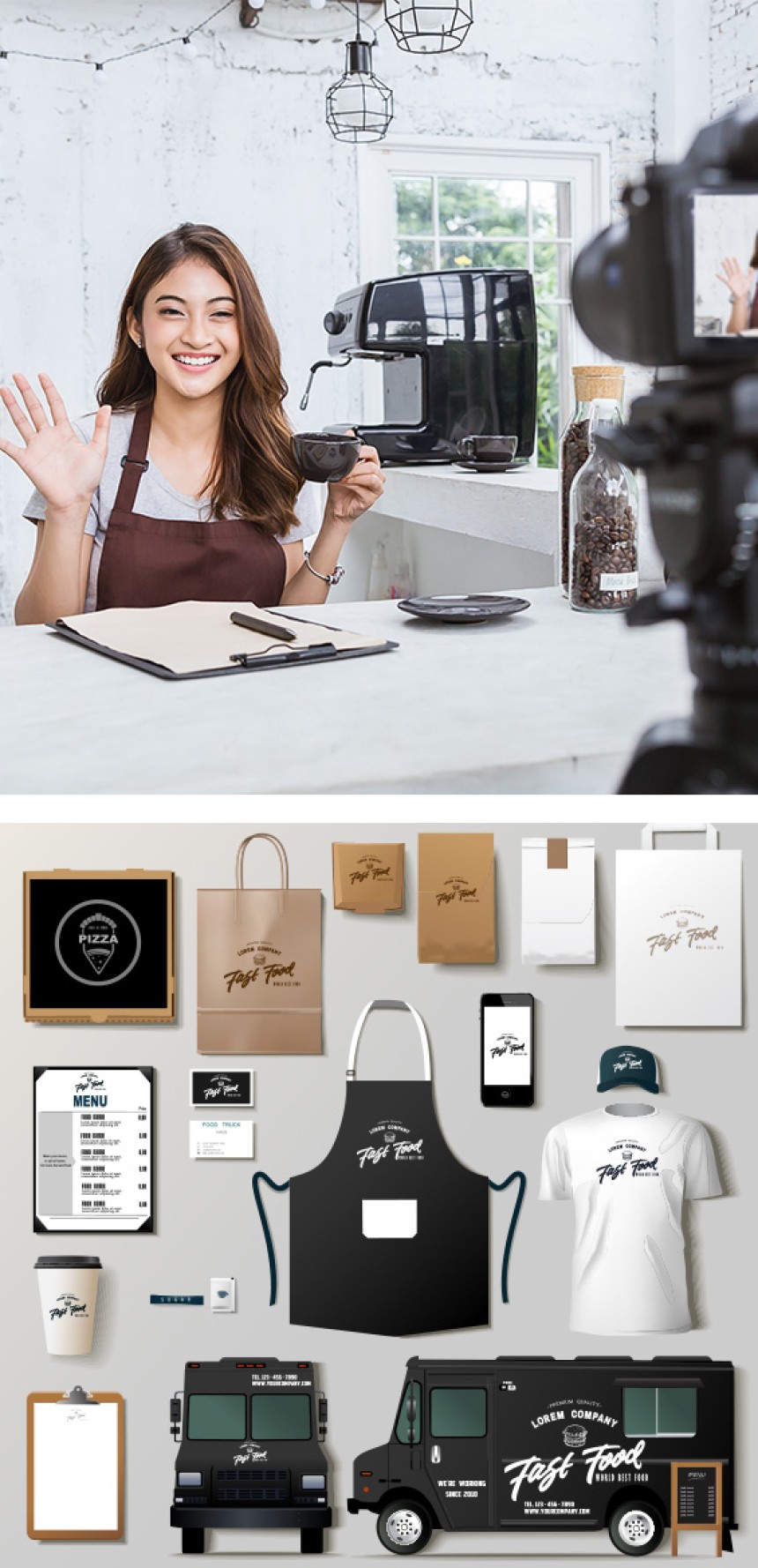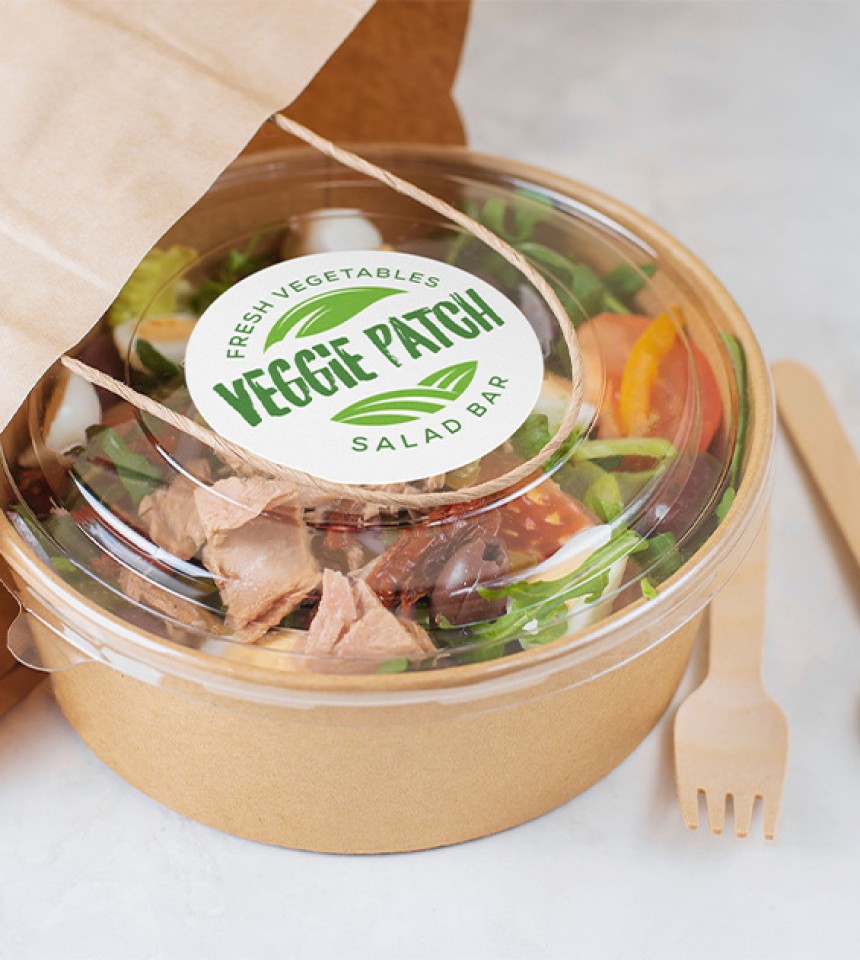
How To Start a Food Business In Australia
Australia's thriving food scene is hungry for new flavours, innovative products, and homegrown food businesses. But turning your recipe or idea into a legal, profitable business takes more ingredients than just creativity in the kitchen.
Whether you dream of selling homemade goodies at local farmer's markets or creating a new product to stock supermarket shelves, turning your passion into a successful business takes research, planning and knowing how to navigate Australia's food industry regulations.
This guide will walk you through how to start a food business in Australia and the key steps and requirements to run your business. You'll learn the basics of
- Obtaining necessary licences and certifications.
- Setting up a commercial kitchen.
- Creating an innovative product.
- Marketing your new venture.
Follow our tips to cook up a strategic and compliant business that satisfies your entrepreneurial appetite while avoiding common mistakes that could leave a bad taste in your mouth.

First, Find Out if You Need To Be Licensed
Let's get the nitty-gritty over with first. Before legally making or selling food in Australia, research if your business requires any licences or permits.
All commercial food businesses must comply with national and state food safety standards and regulations.
For example, you must complete a "Food Business Registration" to prepare and store food for sale. This applies even if you're starting at local farmer's markets.
Additional state licences may also be required depending on the type of food and how much you will be making. Check regulations based on where your business will operate in Australia:
- Australian Capital Territory - ACT Health - Health Protection Service
- New South Wales - New South Wales Food Authority
- Queensland - Queensland Department of Health - Food Safety Standards and Regulation
- Victoria - Victoria Department of Health - Food Safety and Regulation
- Tasmania - Department of Health and Human Services - Food Safety
- Northern Territory - Northern Territory Department of Health
- South Australia - South Australia Department of Health
- Western Australia - Western Australia Department of Health – Food Unit
Types of food, like dairy, seafood, or meat products, require special licences before you can create and sell those items. Look into "Primary Production and Processing Standards (PPP)" that apply to your specific food category. Not following Australian standards can lead to hefty penalties, which is not how you want to start your food business.

Learn the Requirements for Kitchens
One of the biggest investments when starting your food business is setting up a fully-compliant commercial kitchen. Whether you plan to build your own or rent a kitchen, there are a few things you'll need to remember before you can start cooking up a storm.
Licensing the Premises
As mentioned, you'll need proper registration and licensing for your food business to operate legally. This also applies to the commercial kitchen location itself. Don't assume your business licence covers food preparation- a physical kitchen requires its own approval process.
The kitchen location must be registered as a commercial food facility with your local council. You'll need to submit an application with details on equipment, processes, waste management plans, etc.
Inspections and specific construction approvals are typically required before licensing is approved. This process will help your premise meet all layout, design, ventilation, sanitation, and food safety standards.
Commercial Kitchen Equipment Requirements
Your commercial kitchen is no place for your gran's old wooden spoon. To maintain food safety and compliance, you must have the proper equipment to prepare, cook and store your food.
The exact requirements will depend on the types of food you plan to prepare, but in general, you'll need
- Industrial refrigeration and freezer storage.
- Proper food preparation surfaces.
- Commercial-grade ovens, stovetops, and other cooking equipment.
- Sinks for washing dishes, hands, and food.
- Cleaning supplies and designated areas for sanitation practices.
It's also important to plan out your kitchen layout to allow a smooth workflow and reduce the risk of contamination.
Food Safety Standards
One of the biggest concerns in the food industry is maintaining food safety and preventing contamination. The last thing you want is for those one-star reviews to start rolling in from customers with food poisoning.
That's why it's crucial to follow the Food Standards Code (FSC), which outlines specific regulations for storing, preparing, and selling food. These include guidelines on
- Layout and workflow.
- Lighting, plumbing, waste management.
- Cleaning and sanitation systems.
- Pest control.
- Temperature monitoring.
- Proper storage and handling of ingredients.
Hitting all these points will keep your customers safe and help you avoid costly fines and penalties. Having a food safety supervisor on your staff and a clear food safety program is also a great way to ensure compliance and maintain high standards.
Staff Training
Having staff that know how to handle food properly is just as important as having a compliant kitchen. You'll need to ensure all employees receive proper training on sanitation, food safety procedures, and emergency protocols in case of contamination or illness.
Besides compliance training, your staff must be professional, friendly, and attentive. We've all had our share of bad service experiences, which can quickly ruin a customer's opinion of your business.
Invest time and resources into training your staff to provide the best service possible.
This can be a significant factor for success, as word-of-mouth recommendations and online reviews can make or break a food business.
Other Permits and Regulations
Depending on your kitchen location, additional building permits, contractor licences, gas/electricity/water installation approvals, and more may be required for commercial kitchens.
Navigating the different state and local council regulations takes time and effort. Still, you must do it if you want a successful food business.

Create An Innovative Product
In marketing, the words value proposition and product differentiation come up often. Whether you're opening a bakery, food truck, or restaurant, standing out as a new player in the market can be tough. With so many other food businesses out there, what will make yours stand out?
One way to gain an edge is by creating a unique and innovative product. In Australia's crowded food marketplace, simply having a new product isn't enough- you need a unique and compelling value proposition.
Remember, the ultimate goal is making your product worth a customer's hard-earned dollar.
To do this, focus on using these approaches:
- Introduce a new and distinctive taste: If you can be the first to market with a flavour profile that customers can't get anywhere else, you have a hit on your hands. Tapping into trends like sweet vs heat or layered flavour combinations can create an addictive "must-try" product.
- Combine two beloved flavours or food experiences: What happens when you merge the flavours of your favourite sandwich with a pizza? Or what about a dessert that combines your love for ice cream and cake? Food mashups that cleverly intertwine craveable flavours and different types of food in new ways are a proven way to stand out.
- Identify and serve an underrepresented market: Consider who is being overlooked by the mainstream food scene and create offerings specifically for them. This could mean vegetarian comfort food, allergy-friendly bakeries, or modern twists on traditional cuisines.
- Focus on high-quality ingredients: In a sea of mass-produced products, choosing locally sourced, organic, or premium ingredients says you care about quality. Make this central to your brand.
- Share an authentic story: Link your food to real people, places, or traditions. The story behind a recipe can be just as mouth watering as the dish itself.
With creativity and care, your business can carve out a niche and deliver value beyond satisfying hunger. Find that hook that excites taste buds and sparks conversation.

Promote Yourself Effectively
Getting the word out about your new food business is important to get the right momentum, and it doesn't require a huge marketing budget. Be resourceful and leverage free tactics like word-of-mouth, social media, and special promos to generate hype.
Most importantly, develop consistent branding to make your business memorable. This point can't be understated. From your logo and packaging to your website and social media presence, customers need to recognise you anywhere they see or interact with your brand.
Spark Word-of-Mouth Buzz
Positive word-of-mouth is invaluable for a new food business. Over-deliver customer service and product quality, especially with early customers. Offer free samples and incentives for referrals and reviews.
Enable patrons to easily share photos and reviews on Google and social channels. The more eyes and mouths you can get on your food, the better.
Build Your Social Media Presence
Leverage platforms like Instagram, Facebook and TikTok to give followers a mouthwatering digital taste of your offerings. Share photos of dishes, ingredients, prep processes and your storefront. Go behind the scenes with videos.
Respond to comments and engage with your audience. Social media is free marketing- remember to always use it professionally.
Run Special Promotions and Giveaways
Strategic promotions encourage customers to try your food and share their experience with others. Offer a discount or free item for first-time customers, discounted combo meals, daily specials, or loyalty rewards.
Occasional freebie giveaways generate excitement and goodwill. Just don't overdo deals that devalue your brand.
Develop a Consistent Brand Identity
Your branding makes a crucial first impression on customers, so make sure it visually conveys your business' personality and offerings. Menus, labels, packaging, signage, uniforms and decor should all align with your brand style, from logo to colour scheme to fonts.
For memorable food packaging and labels, connect with label specialists like Avery. Our custom stickers and product labels will help your items stand out while reflecting your brand flair. Professional branding signals quality and establishes familiarity.
With strategic promotion and polished branding, you can attract mouthwatering exposure and loyalty for your tasty new venture!

Do You Need Help Standing Out as a New Food Business?
Starting a successful food business takes more than just a love of food- it requires careful planning, compliance, and effective branding and promotion. But with passion and the right help, you won't have to wonder how to start a food business in Australia any longer- you'll be living it.
Connect with Avery today for professional label and sticker solutions that help your food stand out.
Our product labels and stickers are perfect for customising food packaging, containers and other supplies.
Our waterproof labels are ideal for refrigerated and frozen goods, while our food and beverage labels are perfect for labelling your products with necessary information like ingredients and expiration dates.
Don't settle for bland or generic packaging- stand out with Avery's label solutions for food businesses in Australia!
And remember to always stay true to your unique brand and vision because that will make you stand out in the food industry. So go forth, be bold, and conquer the palate of Australia!
Have you got more questions? Contact our helpful team by phone (1800 644 353) or email us at [email protected].
You can also browse our FAQ page for quick answers to common labelling questions.
